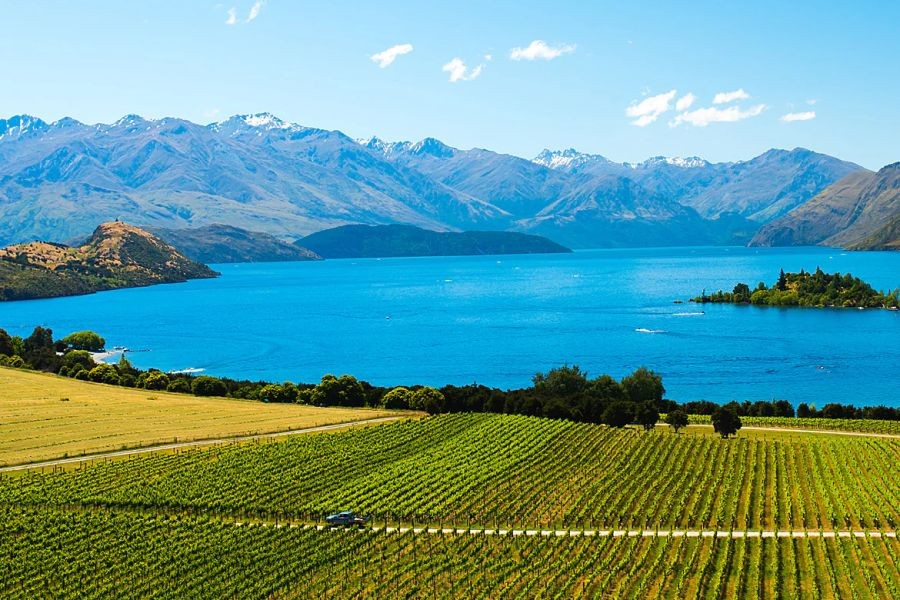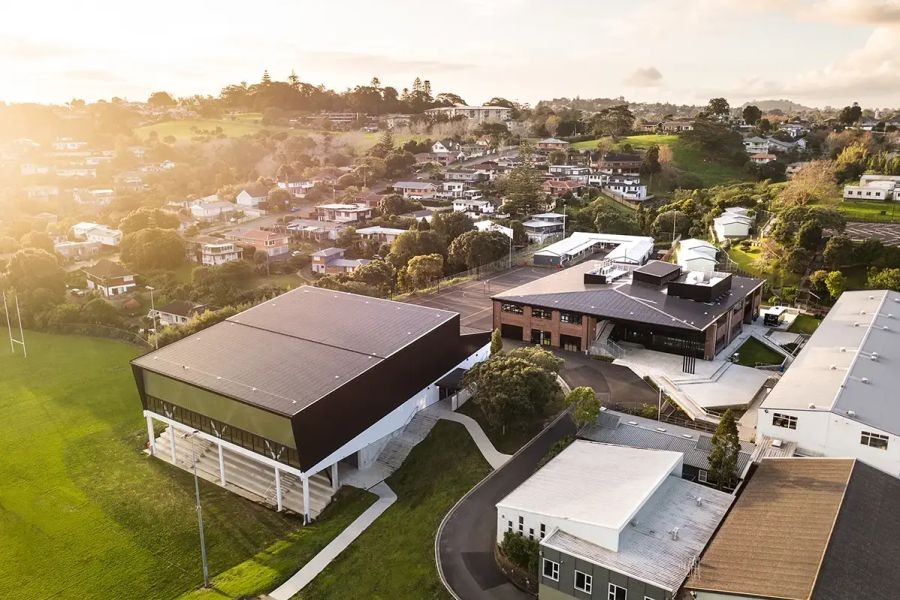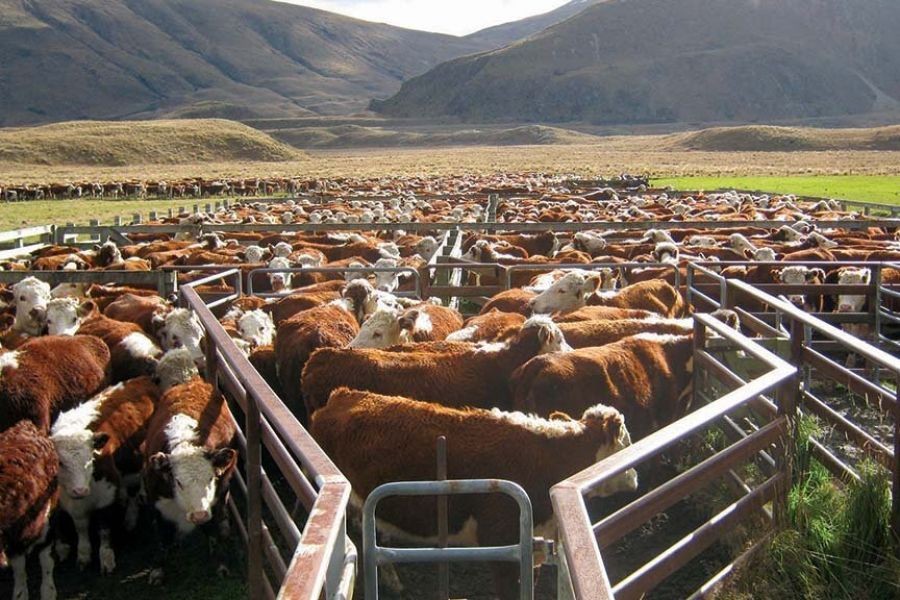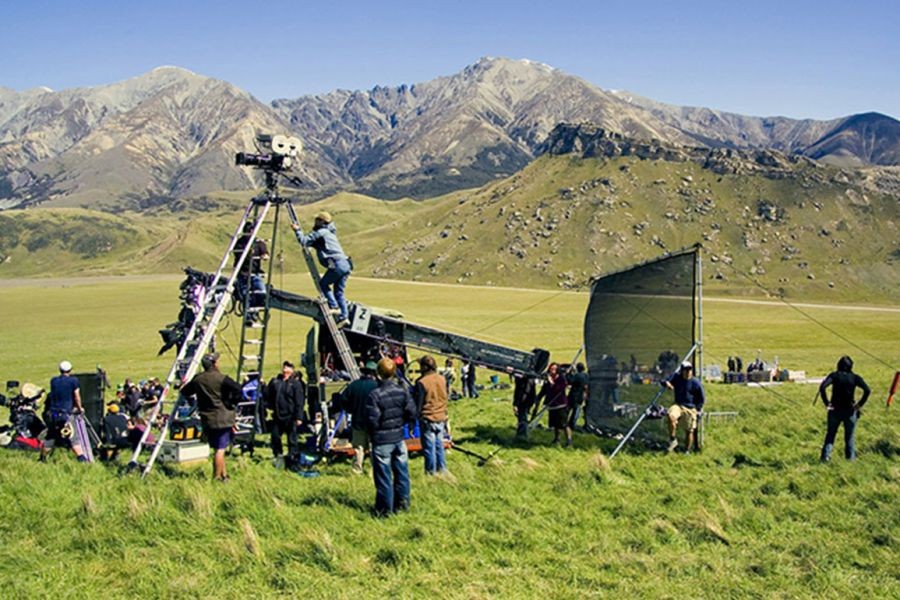New Zealand's lush landscapes and fertile grounds have long established it as a powerhouse in agriculture. Yet, as the sector thrives, a looming question persists: Is this growth sustainable, or is it compromising the environment? This article delves into the intricacies of New Zealand's agricultural practices, examining their environmental impacts and exploring tech-driven solutions that promise a harmonious balance between growth and ecological health.
The State of New Zealand's Agriculture: A Double-Edged Sword
Meet Sarah, a third-generation dairy farmer in the Waikato region. Her family farm has witnessed incredible growth, but with it comes challenges such as soil degradation and water pollution. Sarah's story mirrors the broader narrative of New Zealand's agriculture industry—an engine of economic growth that risks overshadowing its environmental costs.
According to Stats NZ, agriculture contributes nearly 7% to the national GDP, underscoring its economic significance. However, the sector is also responsible for approximately 48% of New Zealand's greenhouse gas emissions. Balancing economic prosperity with environmental stewardship is thus a pressing challenge.
Case Study: Synlait Milk – Navigating Growth and Sustainability
Problem: Synlait Milk, a major dairy processor, faced increasing scrutiny over its environmental footprint. The company struggled with managing effluent runoff and reducing greenhouse gas emissions, common issues in dairy processing that, if unchecked, could tarnish their brand and market position.
Action: Synlait adopted a comprehensive sustainability strategy, integrating advanced technologies and sustainable practices. They invested in precision agriculture tools to optimize resource use and reduce waste, and they implemented solar energy solutions to power facilities.
Result: Within two years, Synlait achieved a 20% reduction in carbon emissions and improved water efficiency by 30%. Their commitment to sustainability not only enhanced their brand reputation but also attracted eco-conscious investors.
Takeaway: Synlait's journey illustrates that integrating technology can significantly mitigate environmental impacts while maintaining growth. New Zealand’s agriculture sector can replicate these strategies to achieve a sustainable future.
Debunking Common Myths in Agriculture and Environment
- Myth: Intensifying agricultural production always leads to environmental harm. Reality: Precision farming and sustainable practices can enhance yields while minimizing ecological impacts, as demonstrated by Synlait's success.
- Myth: Organic farming is inherently more sustainable than conventional farming.Reality: A University of Auckland study found that organic farming, while reducing pesticide use, can require more land, potentially leading to deforestation.
- Myth: Technological innovation is too costly for small farms.Reality: Many tech solutions, such as soil sensors and drones, are becoming increasingly affordable and offer long-term savings and environmental benefits.
Pros and Cons of Current Agricultural Practices
✅ Pros:
- Economic Growth: Agriculture is a major contributor to New Zealand's economy, providing jobs and export revenue.
- Technological Advancements: Adoption of agri-tech solutions is improving efficiency and reducing waste.
- Global Leadership: New Zealand is recognized for its high-quality produce and innovative farming techniques.
❌ Cons:
- Environmental Impact: High emissions and water usage are significant concerns.
- Regulatory Pressure: Increasing regulations to curb environmental damage can be challenging for businesses.
- Market Volatility: Global market changes can affect prices and farmer income stability.
The Role of Technology: A Path to Sustainable Growth
Technological innovation is pivotal in addressing the environmental challenges faced by New Zealand's agriculture sector. For instance, the use of drone technology for precision spraying has reduced pesticide use by 25%, according to a University of Otago study. This not only protects biodiversity but also cuts costs.
Furthermore, blockchain technology is emerging as a tool for traceability, ensuring that sustainable practices are followed throughout the supply chain. This transparency can enhance consumer trust and open new markets for eco-friendly products.
Future Trends and Predictions
Looking ahead, New Zealand's agriculture sector is poised for a transformation driven by technology and sustainability. By 2030, it is predicted that 60% of farms will integrate IoT devices to monitor and optimize farm operations, significantly reducing environmental footprints (Source: MBIE Report 2023).
The government is also expected to introduce more stringent regulations on emissions and water use, pushing the industry towards greener practices. Businesses that proactively adopt sustainable technologies will not only comply but also thrive in this new landscape.
Final Takeaways and Call to Action
- 🌿 Fact: Agriculture contributes significantly to New Zealand's economy but also to its carbon emissions.
- ⚙️ Strategy: Embrace agri-tech solutions to boost efficiency and sustainability.
- 🚫 Mistake to Avoid: Ignoring environmental impacts can lead to regulatory penalties and loss of consumer trust.
- 🔍 Pro Tip: Monitor emerging technologies and integrate them early to gain a competitive edge.
In conclusion, while New Zealand's agricultural industry faces challenges, there are ample opportunities to align growth with environmental health. By embracing technological innovations and sustainable practices, the sector can continue to flourish without compromising the planet. What's your take on the future of agriculture in New Zealand? Share your insights below!
People Also Ask (FAQ)
- How does New Zealand's agriculture impact the environment? Agriculture in New Zealand significantly contributes to greenhouse gas emissions and water pollution, but innovative technologies are mitigating these impacts.
- What are the best strategies for sustainable farming in New Zealand? Implementing precision agriculture, using IoT devices for monitoring, and adopting renewable energy sources are effective strategies for sustainable farming.
- How is technology transforming New Zealand's agriculture sector? Technology is enhancing efficiency and sustainability in agriculture through precision farming, blockchain for traceability, and IoT for real-time monitoring.
Related Search Queries
- New Zealand agriculture environmental impact
- Sustainable farming practices in New Zealand
- Agri-tech solutions for environmental sustainability
- New Zealand agriculture emissions
- Future of farming technology in New Zealand


































BrentBenne
7 months ago